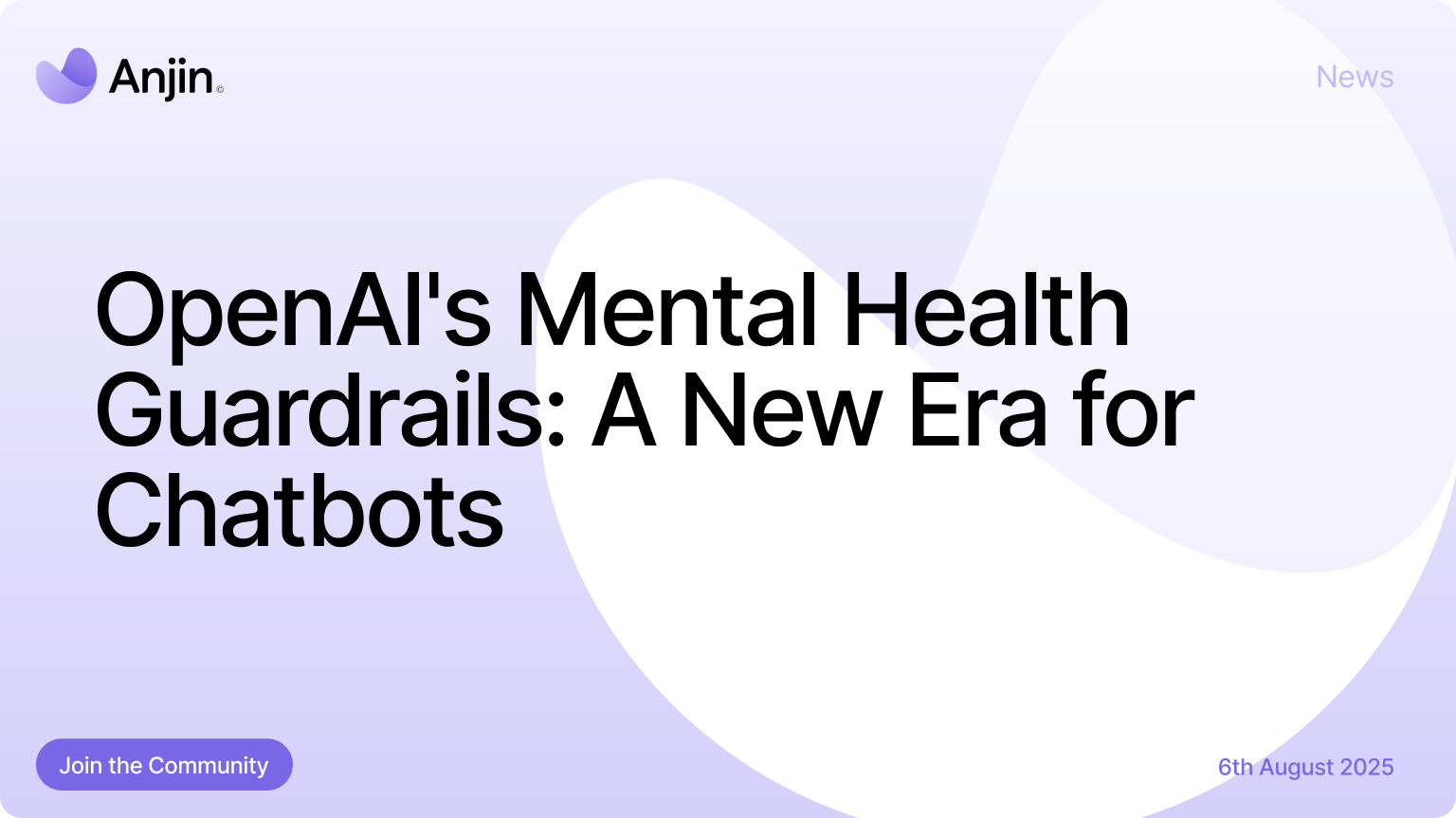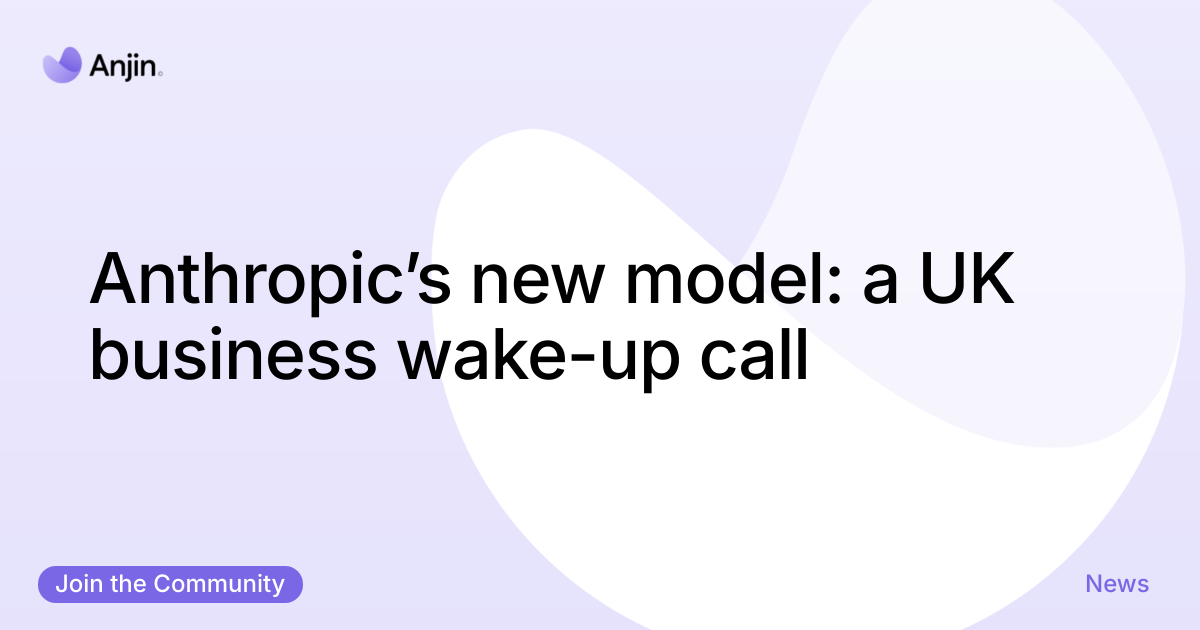OpenAI's New Mental Health Guardrails: A Deep Dive
OpenAI is spearheading a transformative shift in chatbot technology by rolling out mental health guardrails within ChatGPT. This strategic update is designed to help the AI recognise signs of mental distress in users. By steering conversations towards rest, reality checks, and crisis options, OpenAI aims to offer a safer interaction environment for users, particularly those who may be vulnerable.
The move comes in response to increasing lawsuits and policy pressures regarding chatbot interactions with at-risk users. OpenAI has publicly stated that future updates, such as the anticipated GPT-5, will include even deeper integrations with human support systems and parental controls. This expansion of safety measures goes beyond merely recognising explicit self-harm triggers. Instead, it delves into subtler behavioural patterns, such as indicators of mania, which require nuanced understanding and response.
The Wall Street Journal reports that this development is expected to stimulate industry-wide harmonisation of safety standards and moderation guidelines. The implications are vast, potentially setting a benchmark for other tech companies to follow. As chatbots become more integrated into daily life, ensuring their safe operation is paramount. This initiative by OpenAI is not just a technological upgrade but a necessary evolution in how we interact with AI.
Uncovering Hidden Opportunities in Mental Health AI
The integration of mental health guardrails in AI systems like ChatGPT presents an overlooked opportunity for growth and innovation. According to a study by the World Health Organisation, mental health disorders affect one in four people worldwide, highlighting a significant market need for supportive technology. By addressing this need, companies can not only enhance user safety but also differentiate themselves in a crowded market.
For businesses, this is an opportunity to build trust and loyalty among users who are increasingly concerned about their digital wellbeing. Incorporating such features can also improve user retention and engagement, as customers are more likely to use a service that prioritises their safety and mental health.
Moreover, this shift towards mental health-centric AI opens doors for collaborations with mental health professionals and organisations, creating a multidisciplinary approach to improving user experience. Companies that seize this opportunity can position themselves as leaders in ethical AI development.
A Tactical Playbook for Implementing Mental Health Features
- Assess current AI capabilities: Evaluate existing chatbot functionalities to determine areas that require enhancement.
- Collaborate with experts: Partner with mental health professionals to develop comprehensive safety protocols.
- Design user-centric updates: Ensure that any new features are designed with the user’s mental wellbeing in mind.
- Test rigorously: Implement extensive testing phases to refine the AI's ability to recognise and respond to mental distress signals.
- Educate users: Provide clear information about new features and how they enhance user safety.
- Monitor and iterate: Continuously monitor the effectiveness of updates and make iterative improvements based on user feedback and new research.
Leveraging Anjin's AI Agents for Enhanced Safety
Anjin offers a suite of AI agents designed to enhance digital experiences, including the E-E-A-T Enhancer. This tool can be instrumental in integrating mental health guardrails by ensuring that AI interactions are ethical, empathetic, and aligned with user expectations.
By leveraging Anjin's expertise, businesses can streamline the implementation of mental health features, ensuring they are both effective and compliant with industry standards. Explore more about how Anjin's AI solutions can transform your chatbot strategy by visiting their insights page.
Take Action: Transform Your Chatbot Strategy Today
The time to act is now. As OpenAI sets new standards for chatbot safety, businesses must follow suit to remain competitive. Start by assessing your current AI capabilities and identifying areas for improvement. Collaborate with experts and leverage tools like Anjin's AI agents to enhance user safety and trust.
Visit Anjin's website to learn more about their innovative solutions and how they can help you lead in the new era of ethical AI. Don't wait—ensure your chatbots are equipped to handle the complexities of mental health interactions today.





